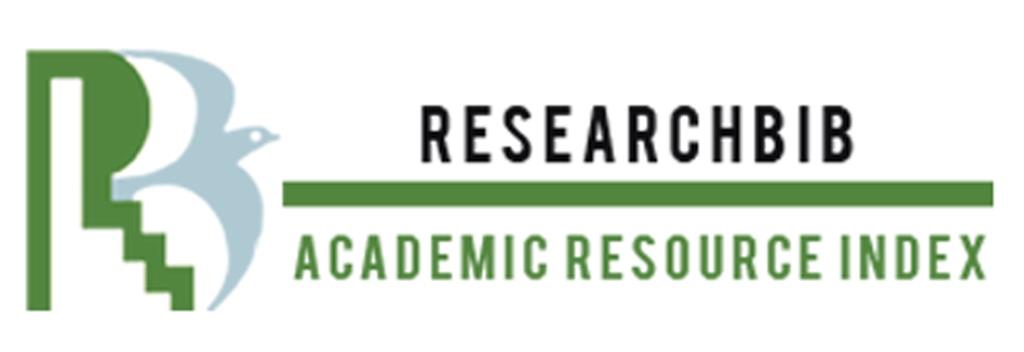ACCENTING ON AFFECTIVE VARIABLES AND CONSIDERING PSYCHOLOGICAL CHARACTERISTICS OF STUDENTS WHILE TEACHING THE SECOND LANGUAGE.
Abstract
This article focuses on the importance of considering affective variables in language teaching, especially when working with problematic students. Additionally, this paper examines the impact of emotions, motivation, self-esteem, and anxiety on language learning and provides recommendations for incorporating strategies to address these affective factors in the classroom.
Downloads
References
Dörnyei, Z. (2005). The psychology of the language learner: Individual differences in second language acquisition. Lawrence Erlbaum Associates.
Dörnyei, Z., & Ushioda, E. (2009). Motivation, language identity and the L2 self. Multilingual Matters.
Gardner, R. C., & MacIntyre, P. D. (1993). On the measurement of affective variables in second language learning. Language Learning, 43(2), 157-194.
Horwitz, E. K., Horwitz, M. B., & Cope, J. A. (1986). Foreign language classroom anxiety. The Modern Language Journal, 70(2), 125-132.
Jerrell C. Cassady. (2022). Anxiety in the Schools: Causes, Consequences, and Solutions for Academic Anxieties. https://link.springer.com/book/10.1007/978-3-031-12737-3
Robiya Mirsalikhova Тimurovna. (28.01.2024).FOREIGN LANGUAGE ANXIETY AS A CATALYST OF SETBACKS IN ORAL PRODUCTIVE SKILL. International Scientific Journal "Science and Innovation". Series C. Volume 3 Issue 1
Мирсалихова, Р.Т. Stress and motivation in foreign language acquisition / Р.Т. Мирсалихова. — Текст : электронный // NovaInfo, 2022. — № 131 — С. 100-103 — URL: https://novainfo.ru/article/19050 (дата обращения: 23.02.2024).
















